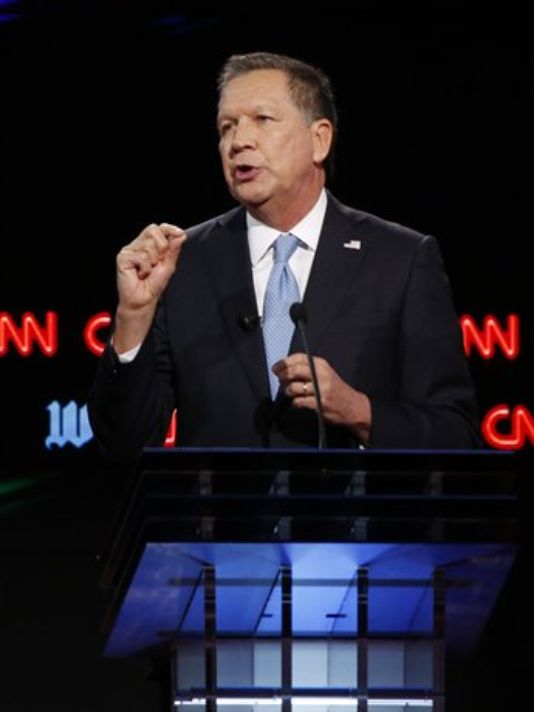John Kasich: US Foreign Policy And Global Leadership
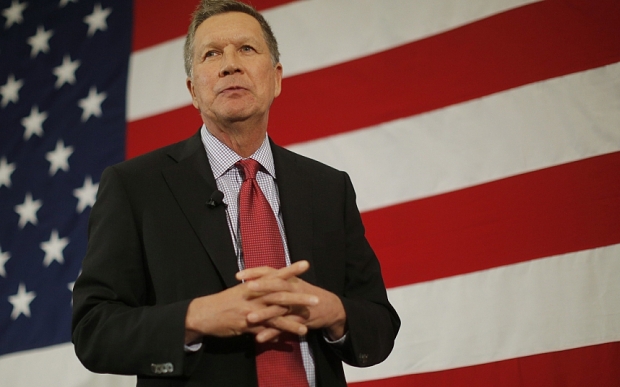
Foreign Affairs, Ohio Governor John Kasich, 8 June 2018, Reclaiming Global Leadership–The Right Way to Put America First
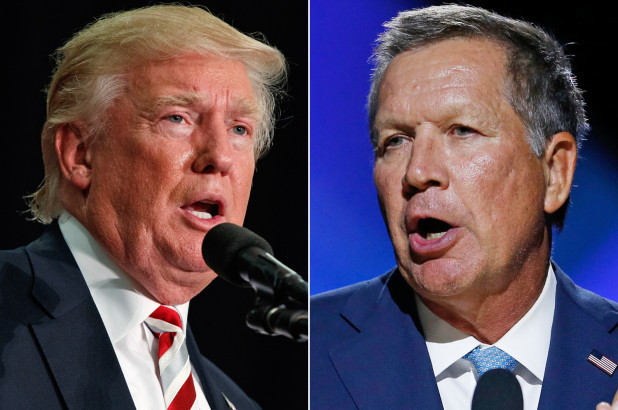
Extract: The international system that the United States and its allies created after World War II has benefited the world, but too many Americans have been left behind. Over the last 70 years, free-market democracies have come to dominate the global economy, U.S.-led efforts have dramatically reduced poverty and disease, and the world has been spared great-power conflict. Yet many Americans—myself included—are increasingly coming to believe that our country suffers from a leadership vacuum.

People are losing faith that their leaders will work to make all Americans better off and that they will rally us to join with our allies in order to craft cooperative solutions to the global problems that buffet us. Economic growth is delivering benefits for the few but not for the many. Political discourse has become poisoned by partisanship and egotism.

In the face of these challenges, we have a choice between two options: withdraw from the world or engage with allies to jump-start a new era of opportunity and security. Although American leaders should always put American interests first, that does not mean that we have to build walls, close off markets, or isolate the US.
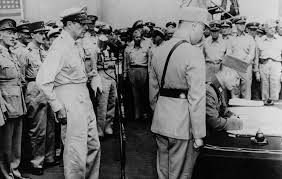
To secure our economic future, we must prepare our workers for the future rather than retreat into protectionism. To deal with global threats—from Russian aggression to nuclear proliferation to cyberattacks—we need to harden our defenses and reinvigorate our alliances. To fight terrorism, we must be more discerning about when to commit American power and insist that our allies bear more of the burden. To deal with the rise of China, we must strike the right balance between cooperation and confrontation.
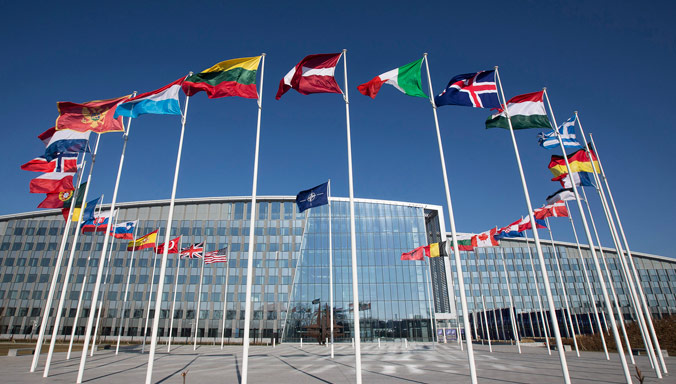
It is up to Americans to constantly innovate in order to remain competitive. Our international trading partners have to realize, however, that if they do not do more to eliminate government subsidies, dumping, and other anticompetitive behavior, support for free and fair trade will collapse even further in the United States. That said, we should not have to resort to heavy-handed tariffs and quotas in order to get our partners to start taking our concerns seriously. To reduce jobs losses from trade, we need an expedited process, free of bureaucratic delays, to review trade violations and stop them when they occur.
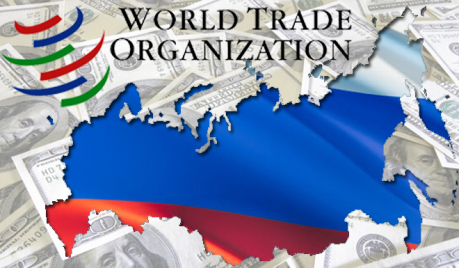
Traditional manufacturing will suffer the most from the technological tsunami. We must ride the wave. We must better preparing the U.S. work force—in particular, aligning our education and training efforts with the needs of emerging industries and improving the flexibility of labor markets. Educators must partner with the private sector to advocate the right curricula, develop the right skill sets, and make businesses a greater part of the educational system by offering mentoring, workplace opportunities, and on-the-job training.
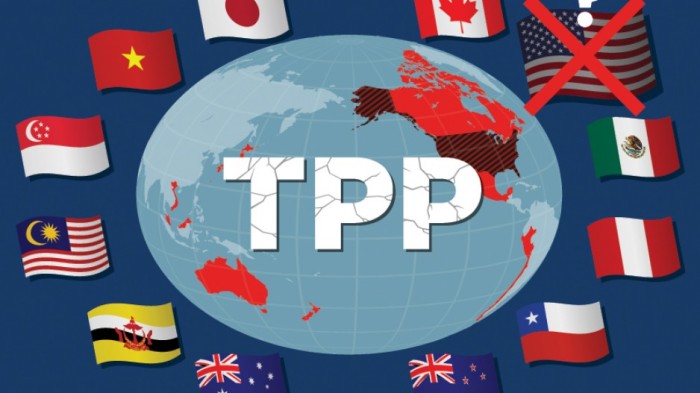
It was a mistake for the Trump administration to turn its back on the Trans-Pacific Partnership, which would have eliminated 18,000 foreign tariffs currently imposed on products that Americans make and seek to sell overseas. Those tariffs hold back job creation, and eliminating them could unleash new growth across the United States. We shouldn’t have threatened to jettison the NAFTA or the U.S.-Korea Free Trade Agreement either. We should work with our neighbors and partners to modernize these agreements. On trade, the goal should be to find win-win solutions, not to make threats and try to divide and conquer.
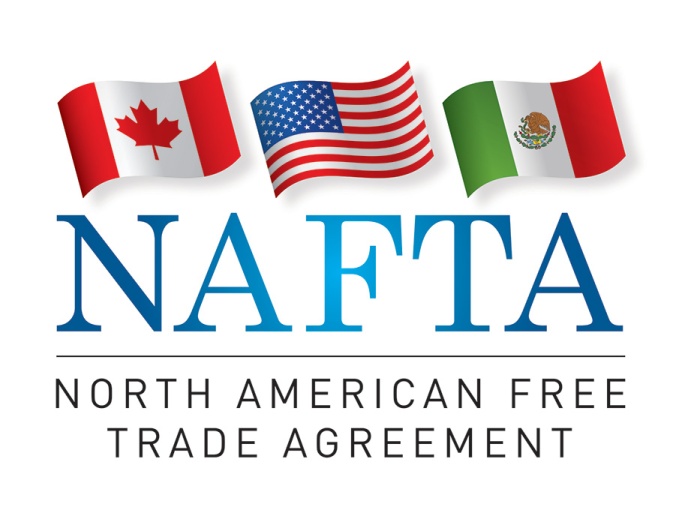
President Donald Trump was right to suggest that our allies should and must provide for a greater share of their own defense and security, particularly in their own regions. These allies, along with the United States, must adapt our budgets accordingly, investing in efforts to deal with new cyberthreats and preserving our ability to project power and secure the open global trading system. And Washington must insist that its allies in Europe and the Pacific contribute more to joint efforts.

Our common purpose with our allies is to preserve and advance freedom, democracy, human rights, and the rule of law. These values are what distinguish us from our rivals, and they are what make our alliances so strong and attractive to others. As we press our allies to do more, we must not lose sight of the fact that we should also be working with them—both to reshape our alliances into nimble coalitions and to recruit other like-minded countries, such as Indonesia, Malaysia, and Vietnam, to join in.

U.S.-Russian agreements such as the 1987 Intermediate-Range Nuclear Forces (INF) Treaty and the 2010 New Strategic Arms Reduction Treaty (New START) were designed to achieve greater stability and security when it comes to nuclear weapons, and that goal should not be abandoned lightly. With New START expiring in 2021 and the INF Treaty on the verge of being fatally undermined by Russia’s noncompliance, we need to think long and hard about walking away from them. We must be convinced that these are unsalvageable before jettisoning them.

A number of issues have soured U.S. relations with Russia, including the Kremlin’s violent intervention in Ukraine, its support for Syria’s brutal dictator, its disinformation and destabilization campaign in the Baltic states, its penchant for assassinating political enemies at home and abroad, and, of course, its interference in the 2016 U.S. presidential election. Where we have common interests with Russia, we should cooperate, while never closing our eyes to the nature of Russia’s leaders, their intentions, and their disregard for our values.
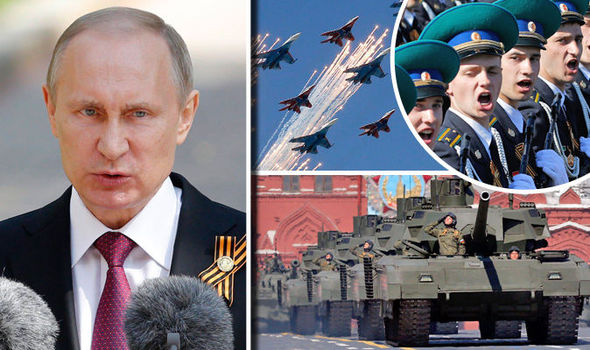
North Korea’s acquisition of nuclear weapons remains another major concern. Until we have a definitive, verifiable treaty that formally ends the Korean War and denuclearizes the Korean Peninsula, we will need to keep up the pressure on Pyongyang to relinquish its nuclear weapons.
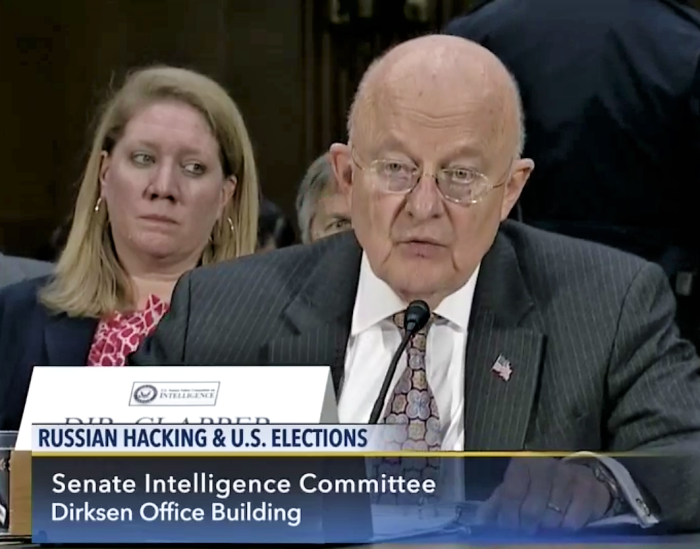
Additional sanctions should be put in place. That includes sanctions on Chinese companies that enable North Korea’s nuclear weapons program. North Koreans who are working overseas to earn the regime the hard currency that funds that program should be sent home on an expedited basis.
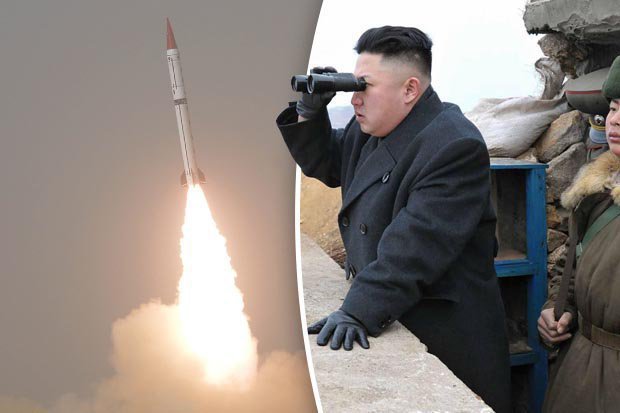
Ultimately, it will take regime change in Pyongyang to resolve the nuclear threat North Korea poses in Northeast Asia. However, taking the world to the edge of thermonuclear war is not the answer.
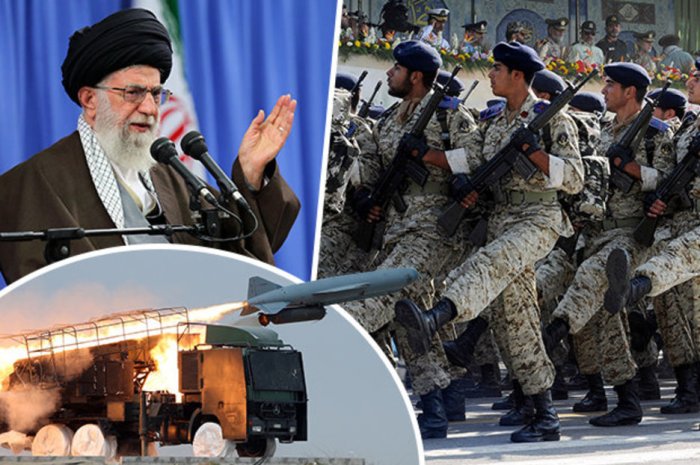
Iran also presents a major proliferation threat. Given that the nuclear deal with Iran was one of the few things constraining the country from producing nuclear weapons, it was a mistake for President Trump to simply walk away from it. The president’s move created disunity and separated us from our allies at a time when we need to be rallying together this and other issues.
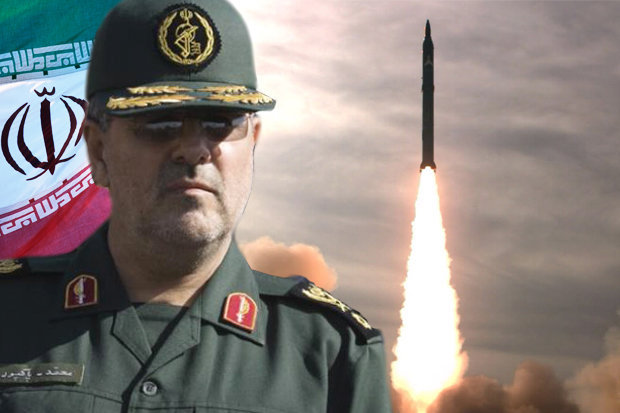
Almost all U.S. computer systems and communication networks are at risk from such attacks. To stop the systematic looting of American technology and ideas, we will need to reorganize our cyber-operations. There should be a single agency responsible for both cyberoffense and cyberdefense strategies, and the latter task must encompass both government and commercial systems.

Beyond this, the government can mandate that sensitive data be encrypted, and individual agencies can hold cyberdefense drills and employ “red teams” to test the ability of systems to withstand attacks. Given that cyberwarfare has geopolitical implications, diplomacy will be key to organizing a collective defense among our allies. The private sector has a vital role to play in cyberdefense, too. American technology giants have all too often failed to prevent their platforms from being used for malign purposes.
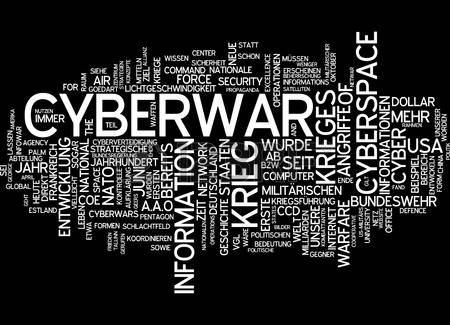
After 17 years, the war on terrorism has become a series of open-ended commitments. Some of those commitments clearly need to be revisited. In Afghanistan, President Barack Obama micromanaged the war and put in place a series of half measures, and President Trump sent additional troops, without formulating a new overall strategy, in a conflict that cannot be resolved militarily.

We should continue to train and assist Afghan government forces so that they can hold key population centers, but we should limit ourselves to securing two core U.S. interests: preventing Afghanistan from becoming a terrorist safe haven again and ensuring that Pakistan’s nuclear weapons remain secure. We cannot do more of the same in this theater, with no clear strategy guiding US actions.
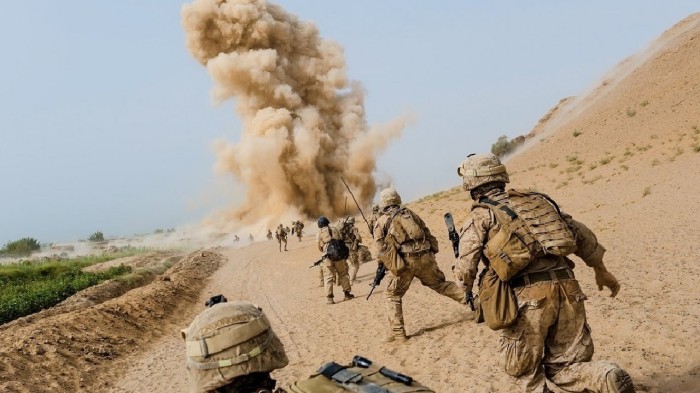
A political settlement in Afghanistan that reduces the risk of chaos spilling across the border, together with long-term assistance in Pakistan supporting the institutions of civilian nuclear control, can help achieve the second. We should have no illusions about the difficulty of achieving such a settlement in Afghanistan. We can have no illusions about the ease with which these problems will be resolved.

President Trump deserves credit for improving on President Obama’s strategy against ISIS in Syria and Iraq. Now that terrorists’ strongholds have been all but eliminated, the remaining core U.S. interest a is preventing ISIS from using those countries to mount future attacks against us. That mission does not require a major commitment of U.S. combat troops. With our help, allies whose interests are more directly affected than our own should take the lead.
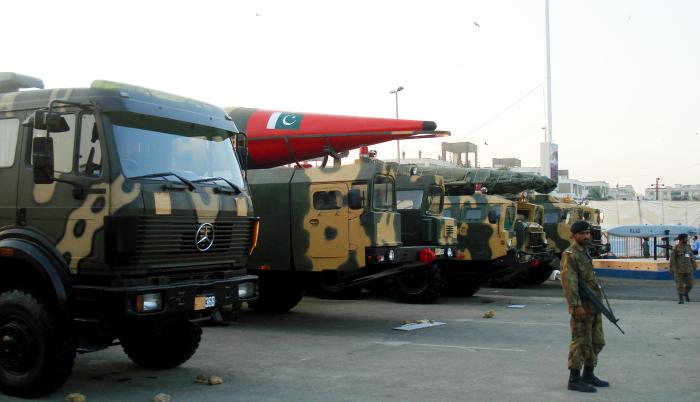
We have to develop better criteria for when to intervene abroad. And when we do intervene, we need clearer guidelines about what kinds of resources to commit—for example, combat troops versus military trainers. We also need clearer benchmarks for when we should escalate our commitments and when it makes more sense to cut our losses and leave. In particular, we should restrict our major counterterrorism efforts to instances when our homeland is directly at risk. We should avoid getting embroiled in civil wars and instead make maximum use of diplomacy.
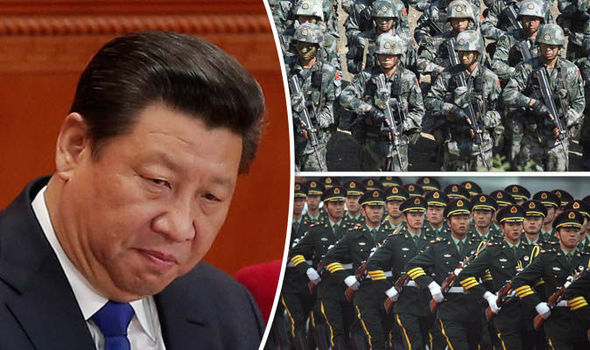
Beijing is already seeking to convert its economic power into regional influence through such projects as the Belt and Road Initiative, a massive infrastructure venture, and the Asian Infrastructure Investment Bank, a rival to Western-led development banks.
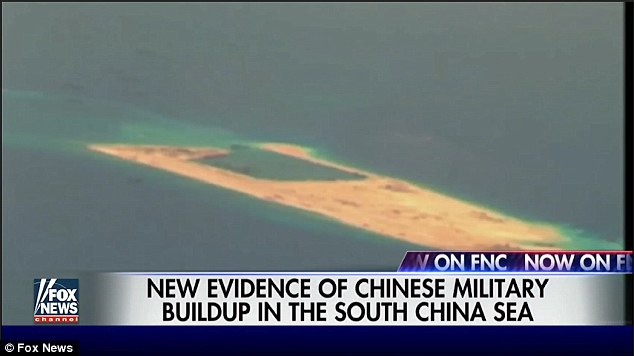
China’s ultimate goal is to end what it considers to be American dominance and to replace it with a new order in which Beijing gets an equal voice in setting the rules. It wants to push the US out of the western Pacific, undermine our alliances, and re-create a Sinocentric sphere of influence in Asia free from challenges to its authoritarian rule.
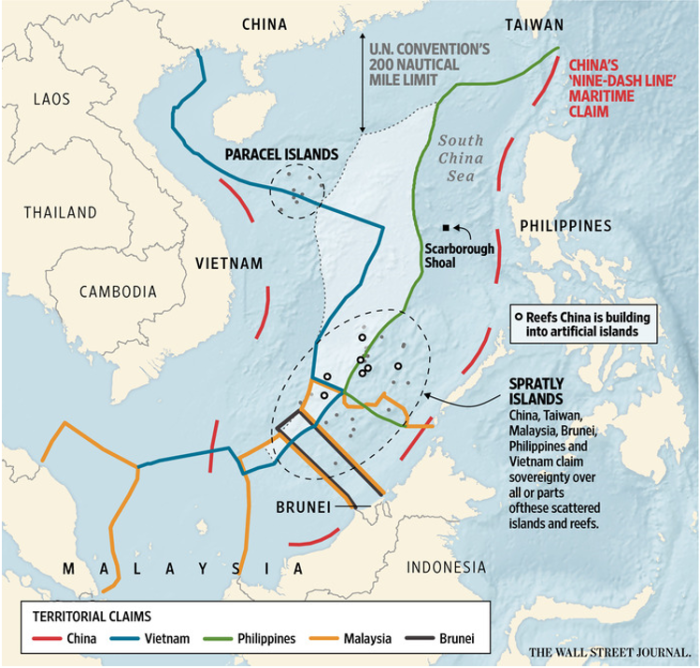
Confounding our hopes and expectations, China’s regime has managed to deliver economic growth without being forced to democratize. However, China has vulnerabilities. Its economy has structural flaws, including exceedingly high levels of debt, a cohort of retirees whose living expenses will be difficult to fund, and wages that are increasingly uncompetitive with those paid by China’s neighbors. Nor is China a monolith: like the United States, the country is riven by rival factions.
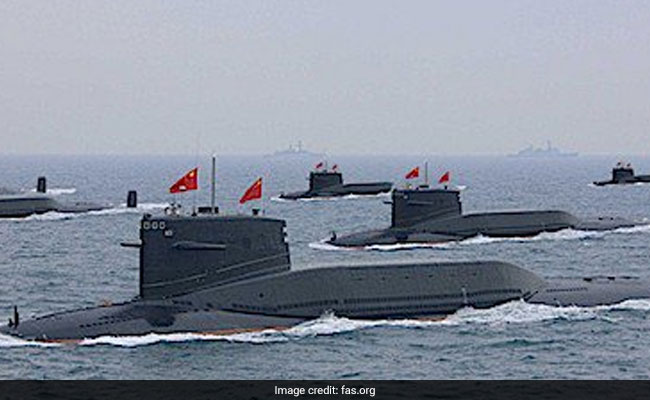
There are limits to how much can be achieved through cooperation, however. We should acknowledge our rivalry with China more frankly and prepare our country to compete more vigorously.
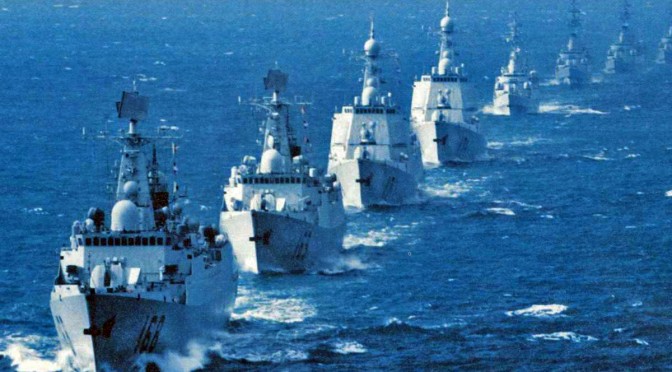
Achieving these ends will be impossible if we continue to hollow out the State Department. We must empower US diplomats to guide the way, harnessing all the instruments of American power to exploit China’s weaknesses. U.S. officials should much more forthrightly advocate the values that we hold dear and vocally criticize China’s shortcomings. They should also better protect our economic interests by combating Chinese dumping and currency manipulation, streamlining the World Trade Organization’s dispute-resolution process, and insisting on full reciprocity in market access.
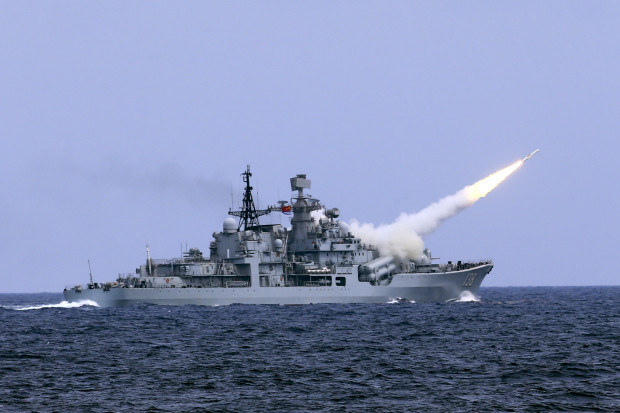
Deterring China also has a military dimension. The U.S. military should forward-deploy greater numbers of forces in the western Pacific and continue to challenge China’s illegal attempts to expand its territorial control there. Washington should make it clear that there will be a significant price to pay for any attack on U.S. assets in space and expand our regional allies’ military, particularly missile and air defense, capabilities
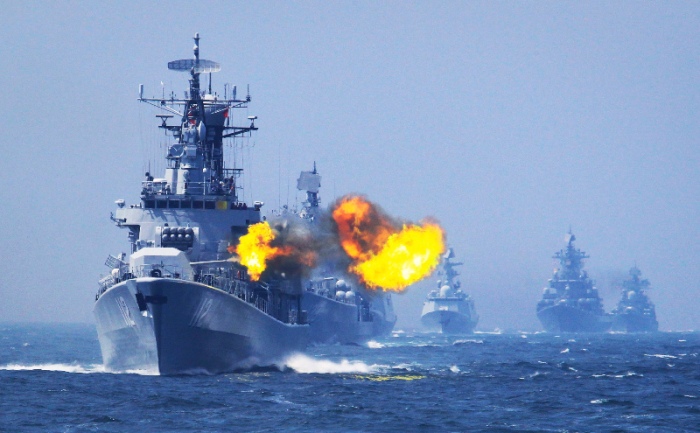
The United States needs a national security doctrine around which a consensus can be built—both between the Democratic and the Republican Parties and with those who share our interests and values overseas.
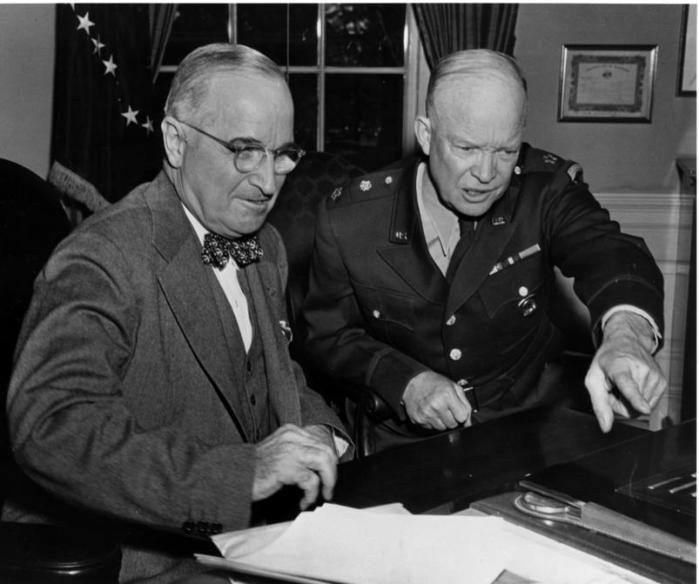
Working together in the spirit of bipartisan compromise, idealists and realists can help the United States rediscover optimism to shape our destiny and guarantee our security. America will be stronger and more prosperous for it.
